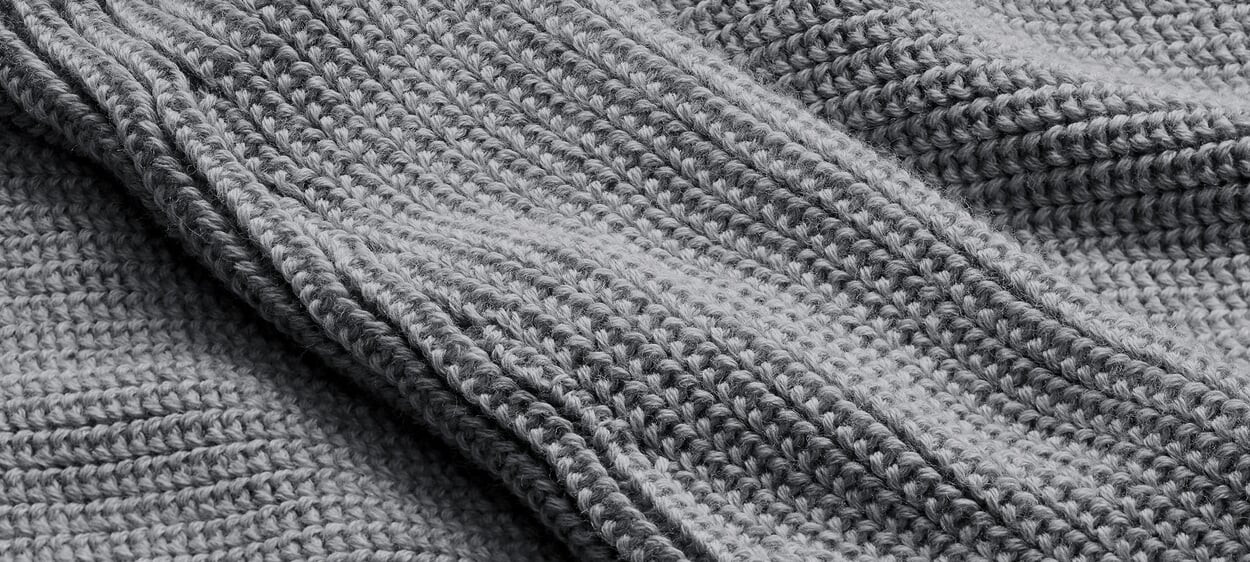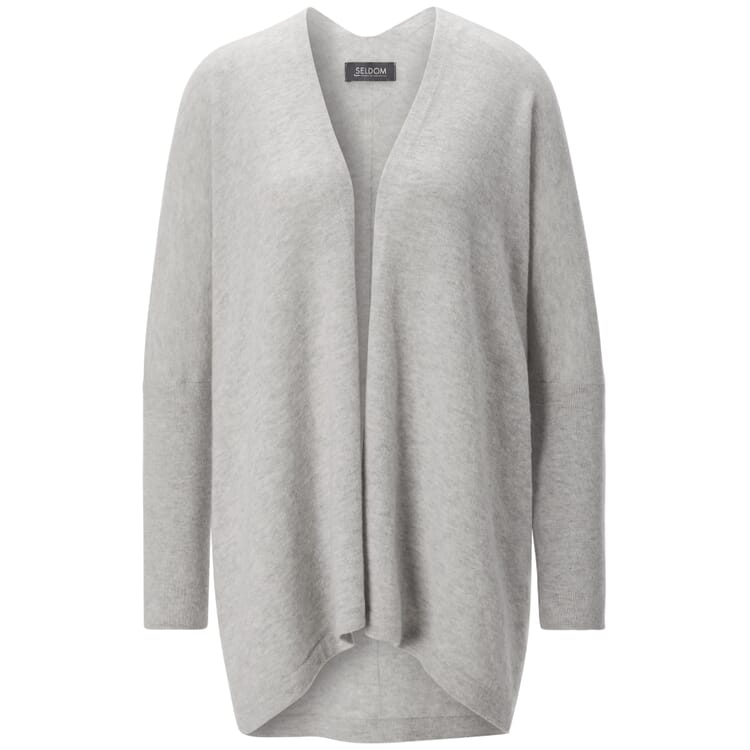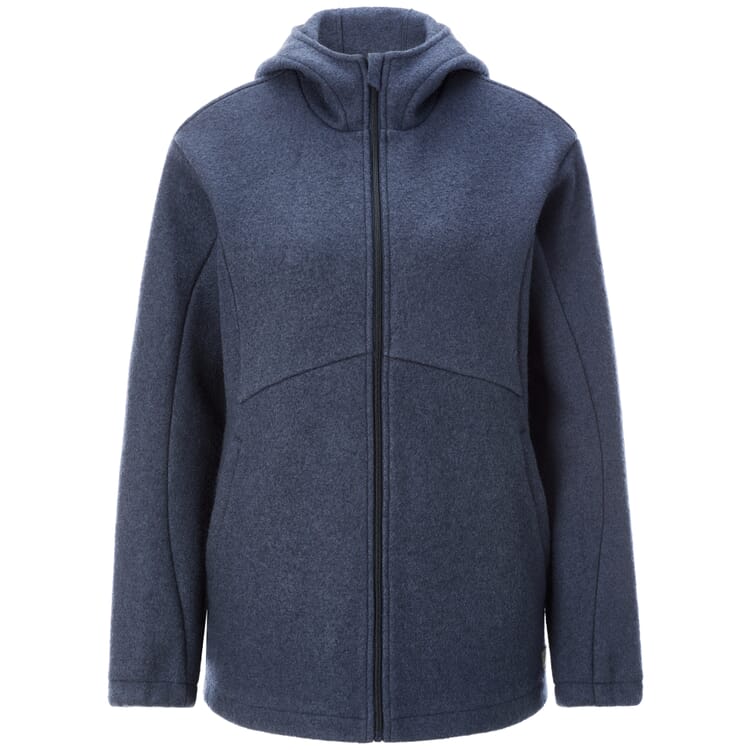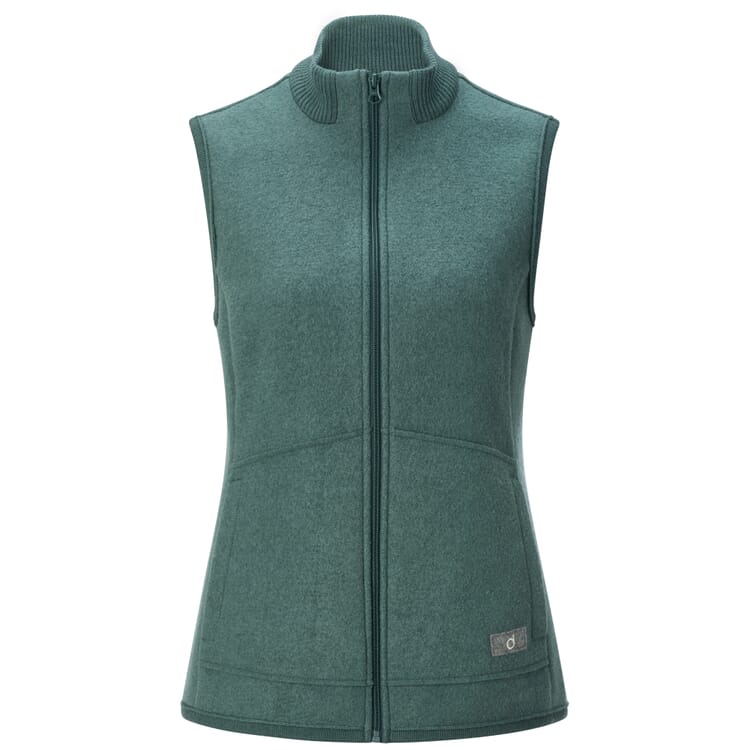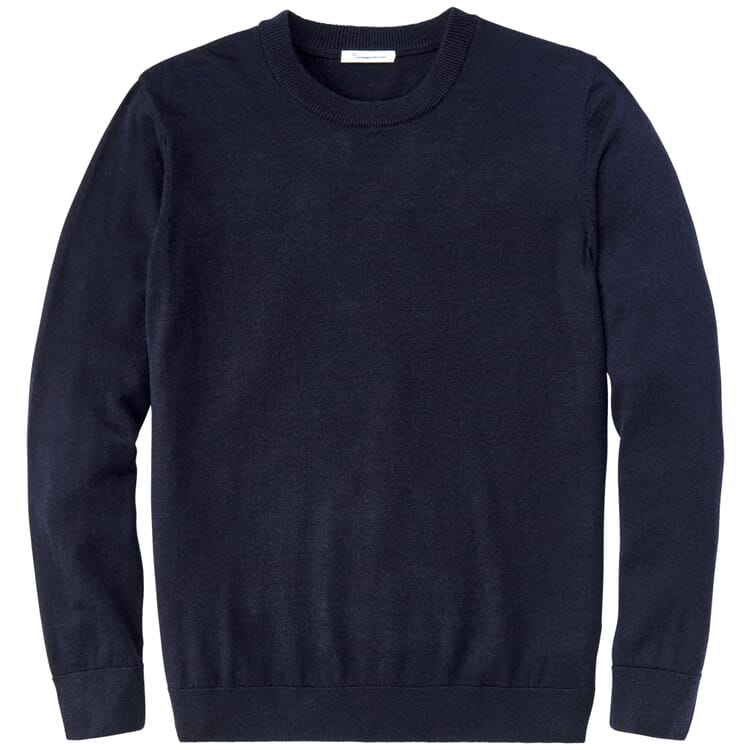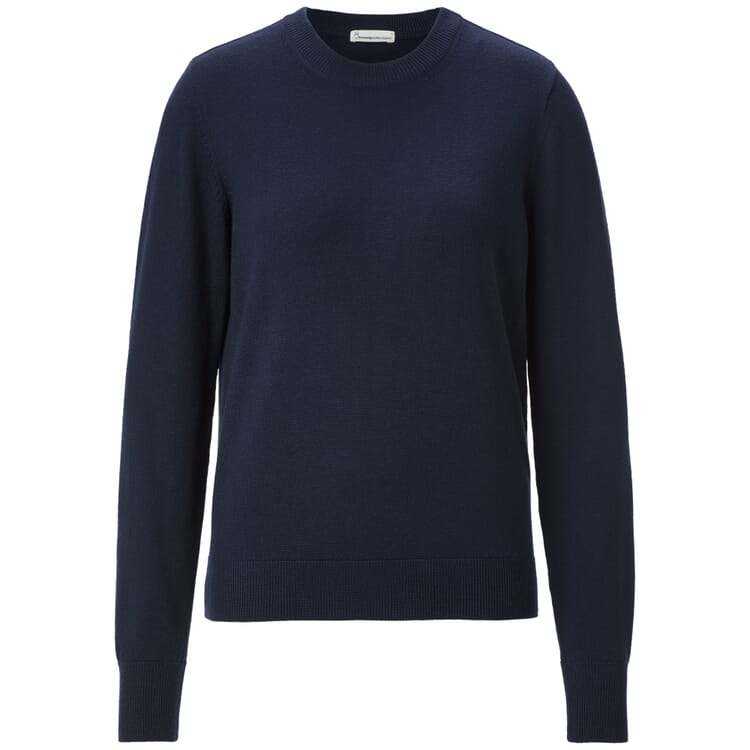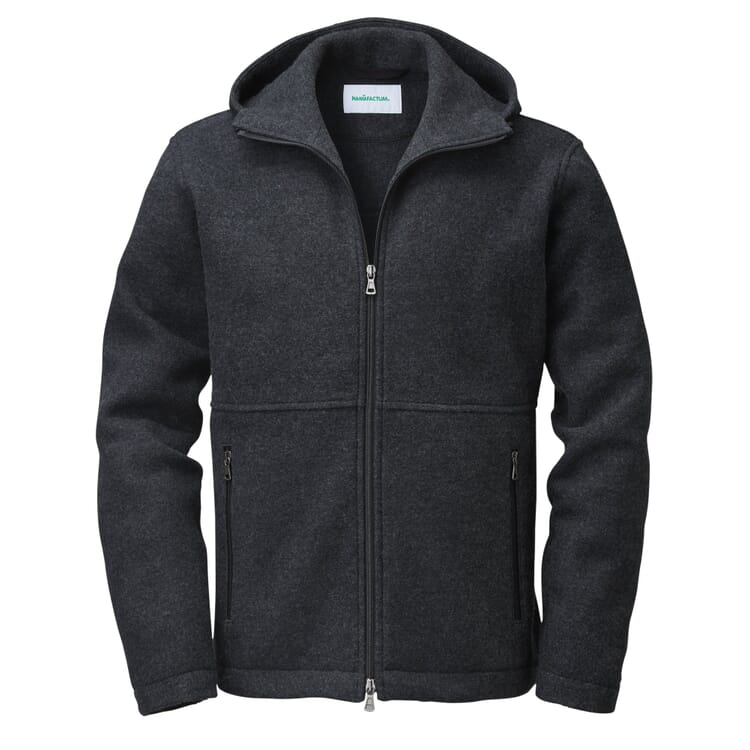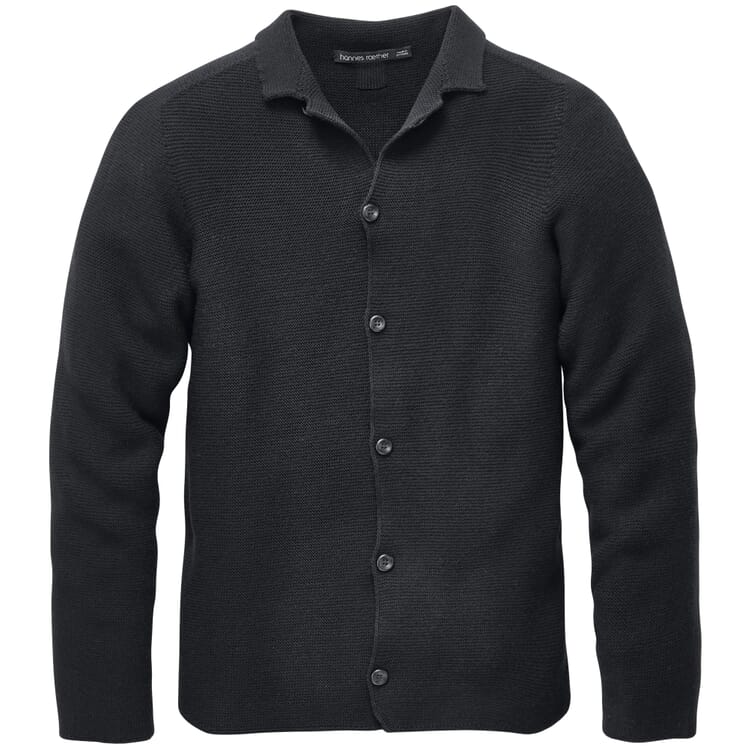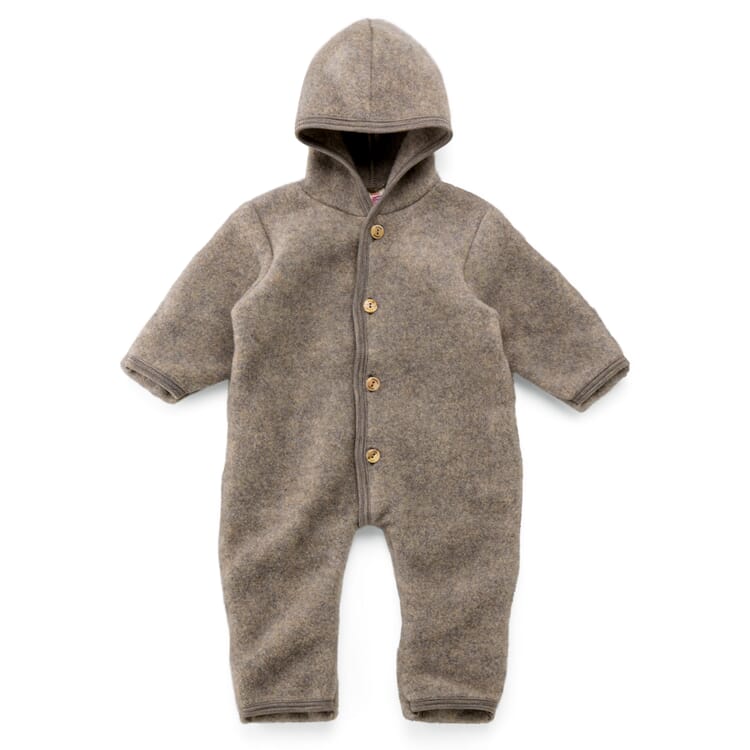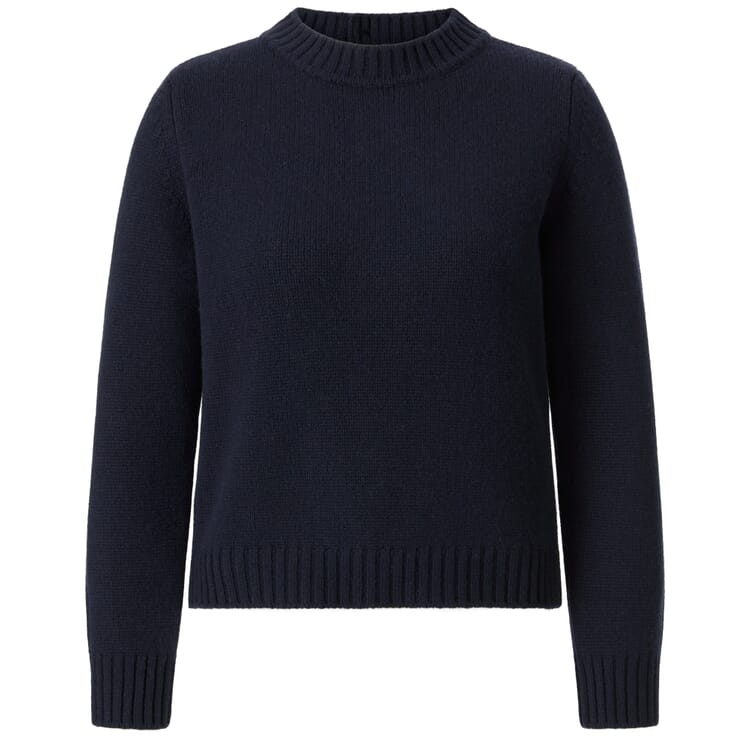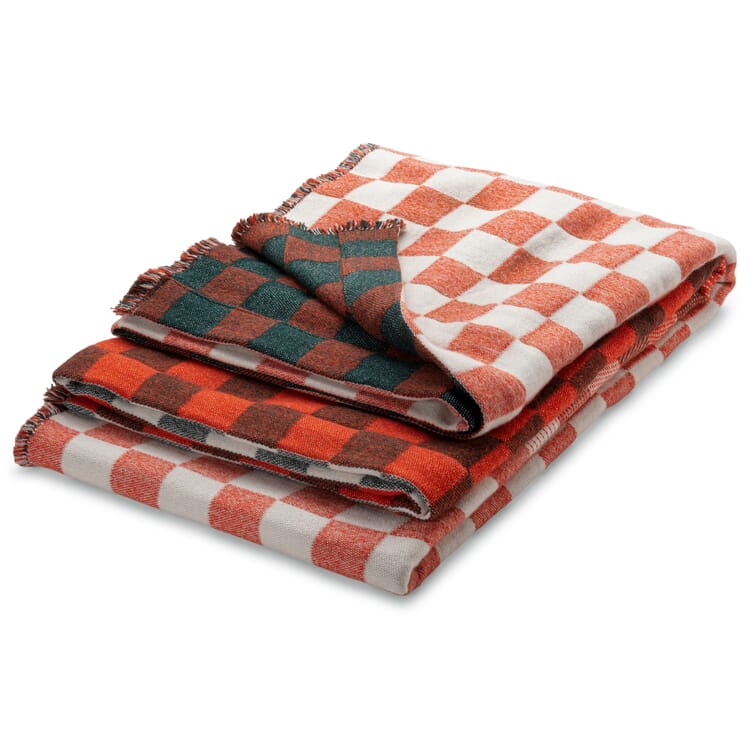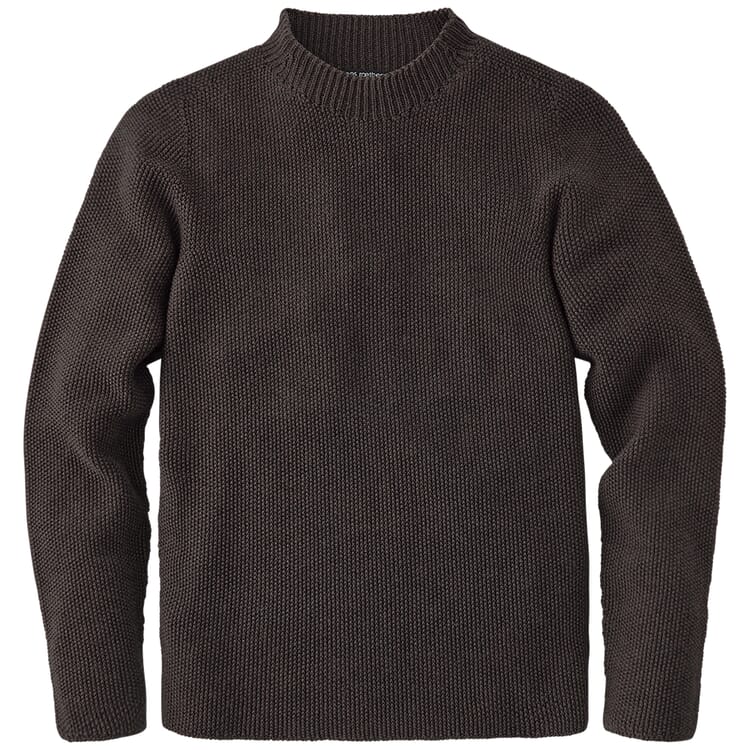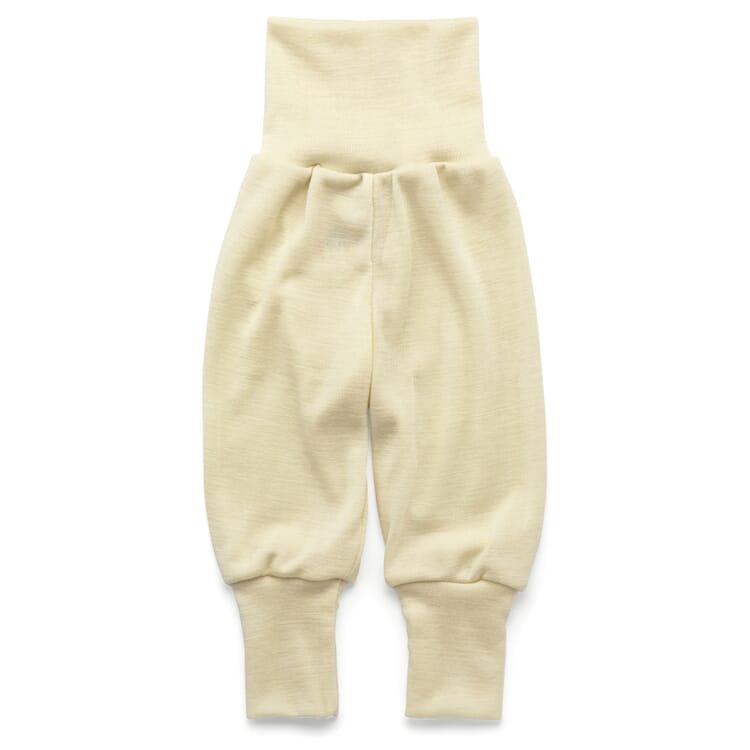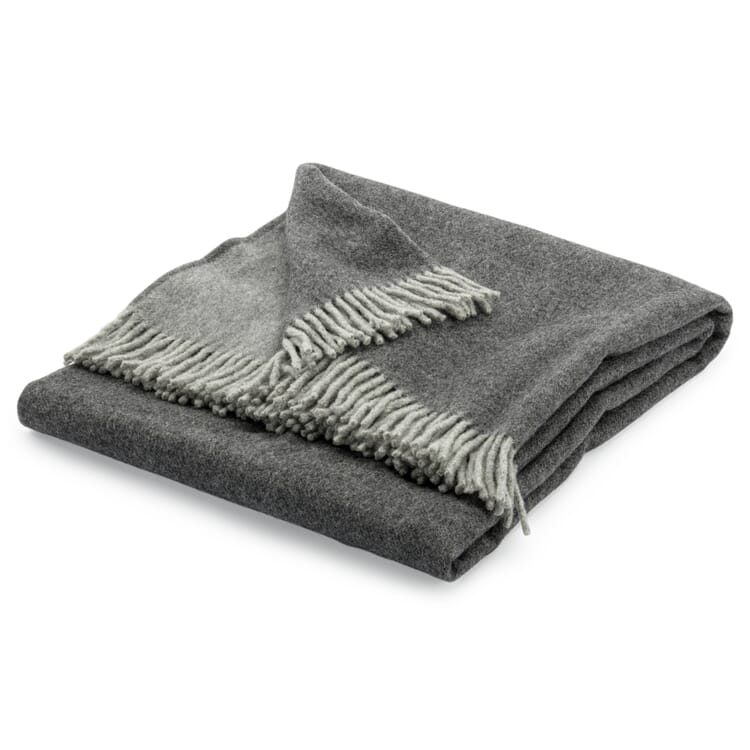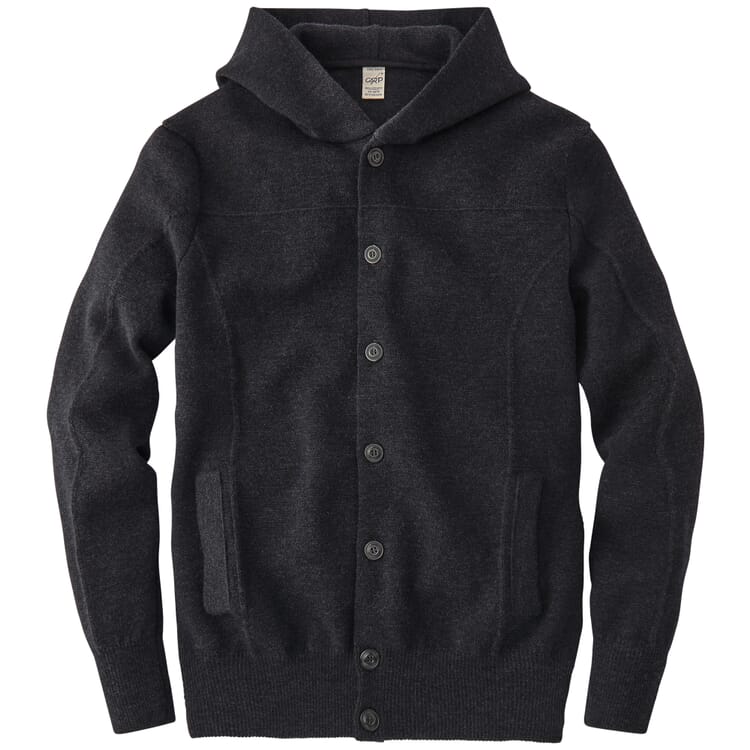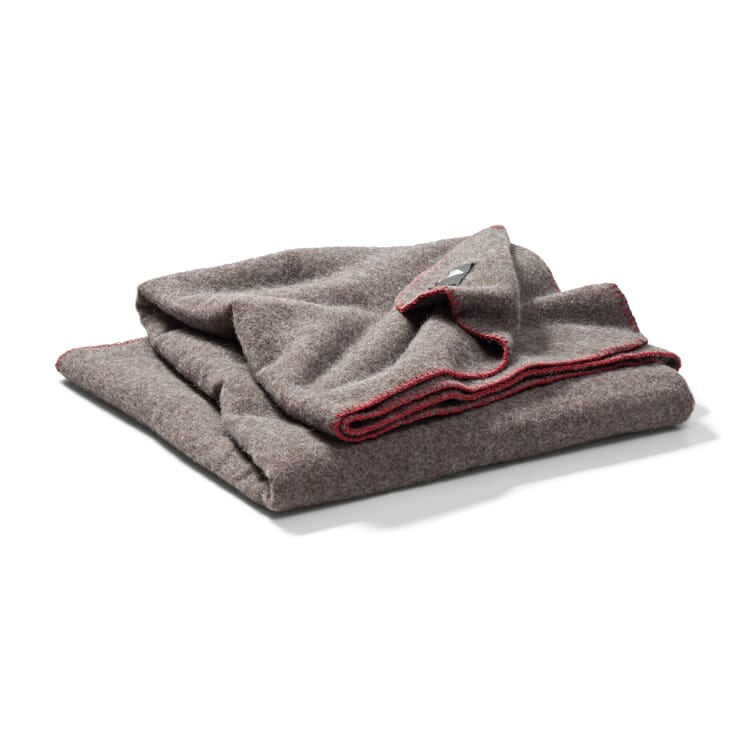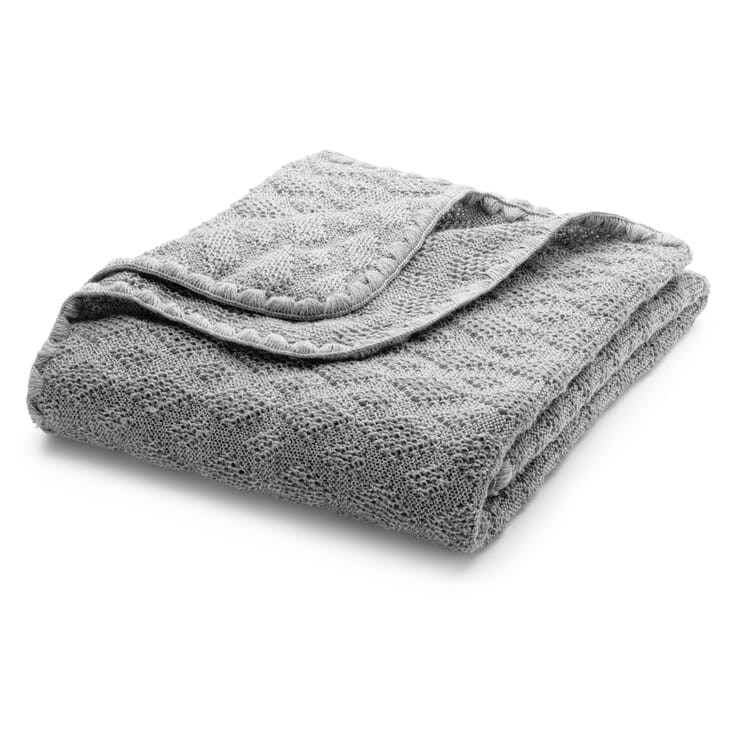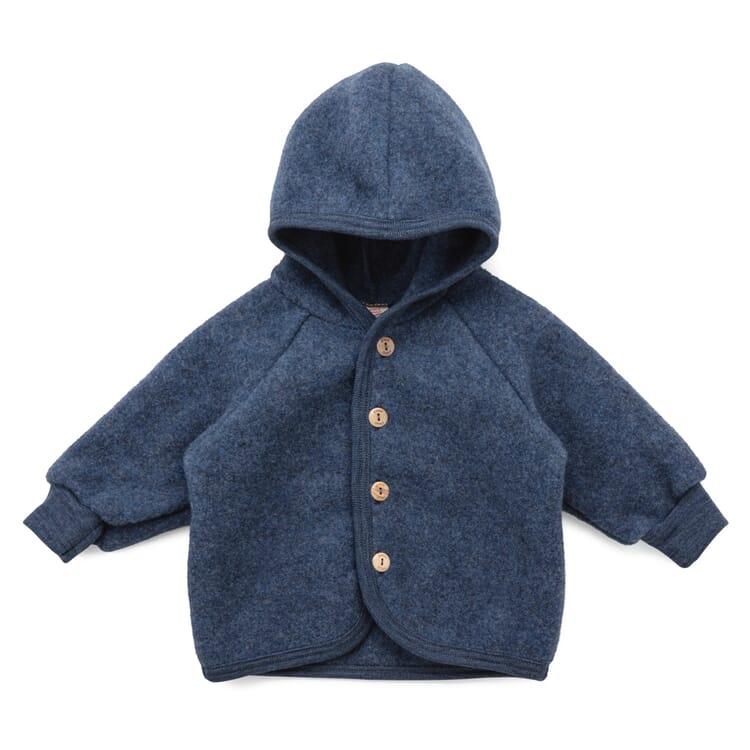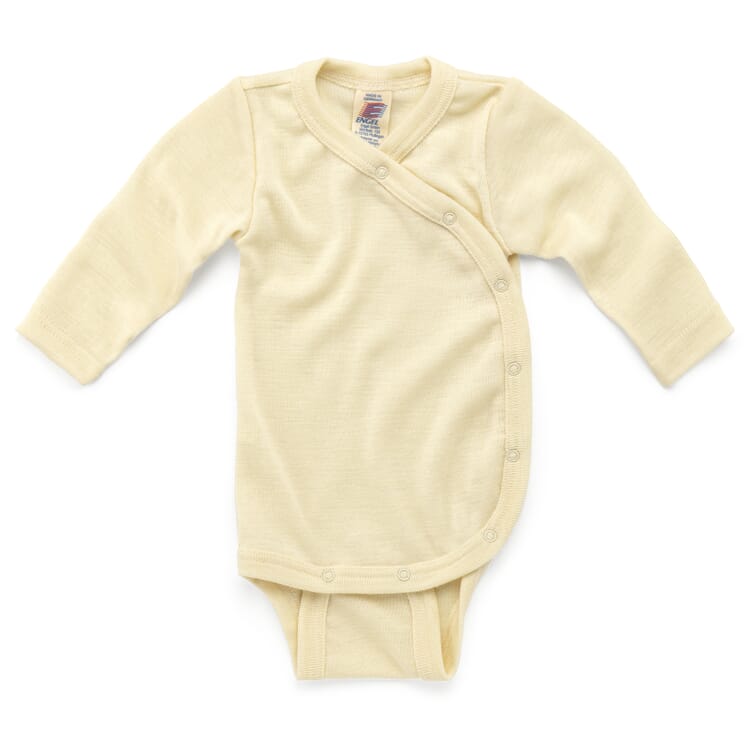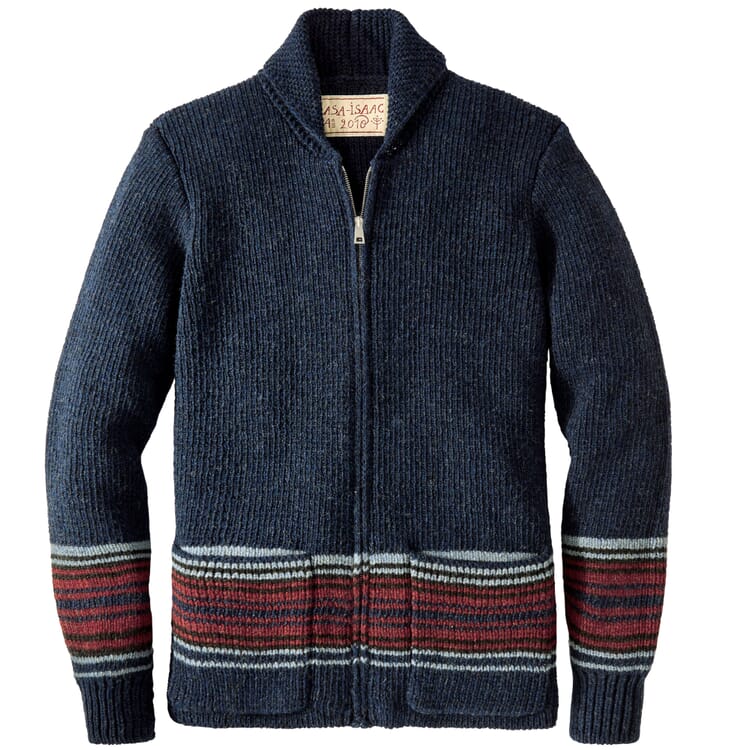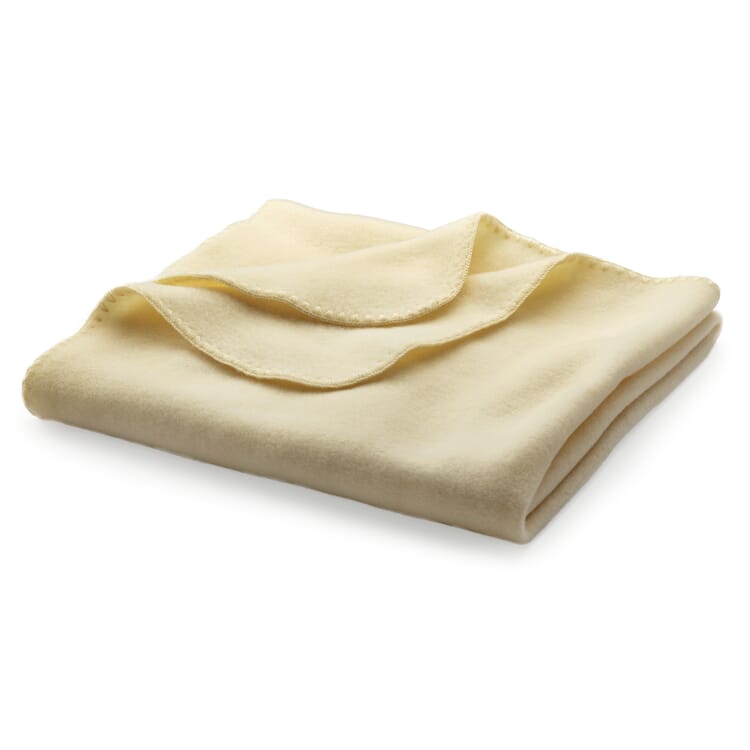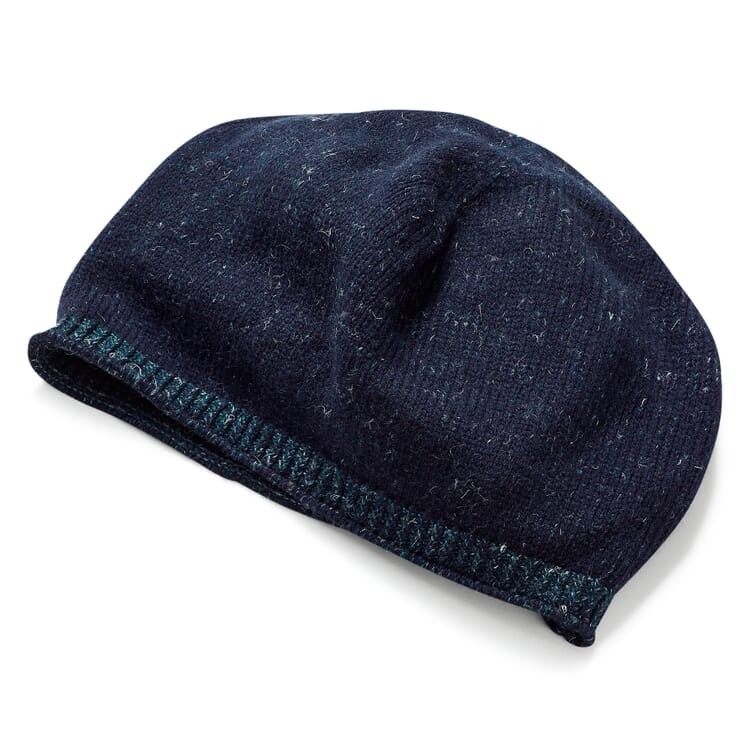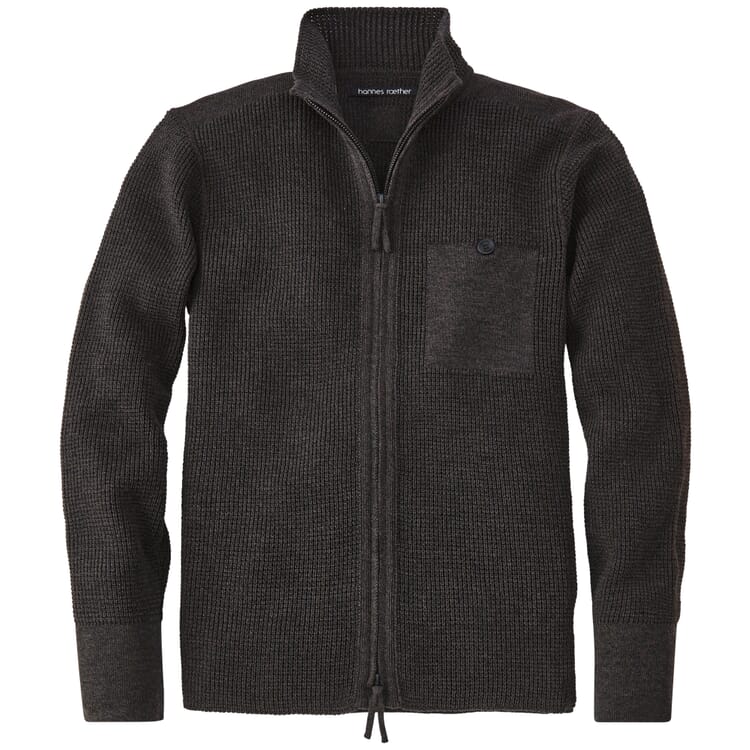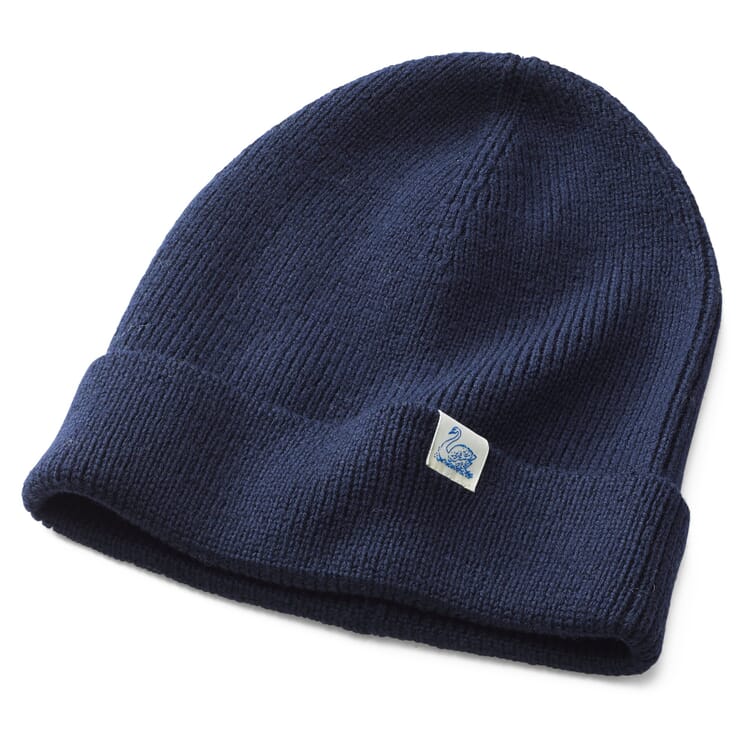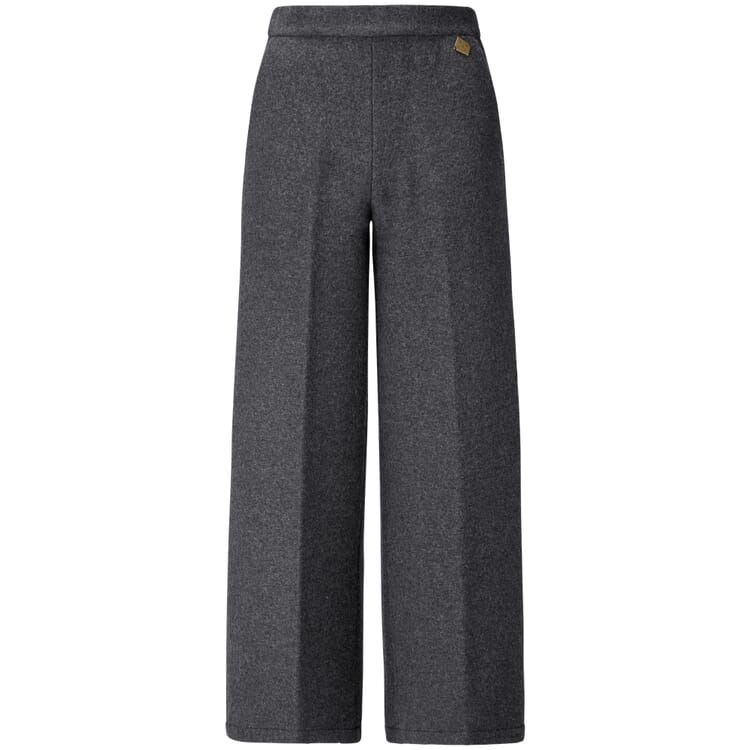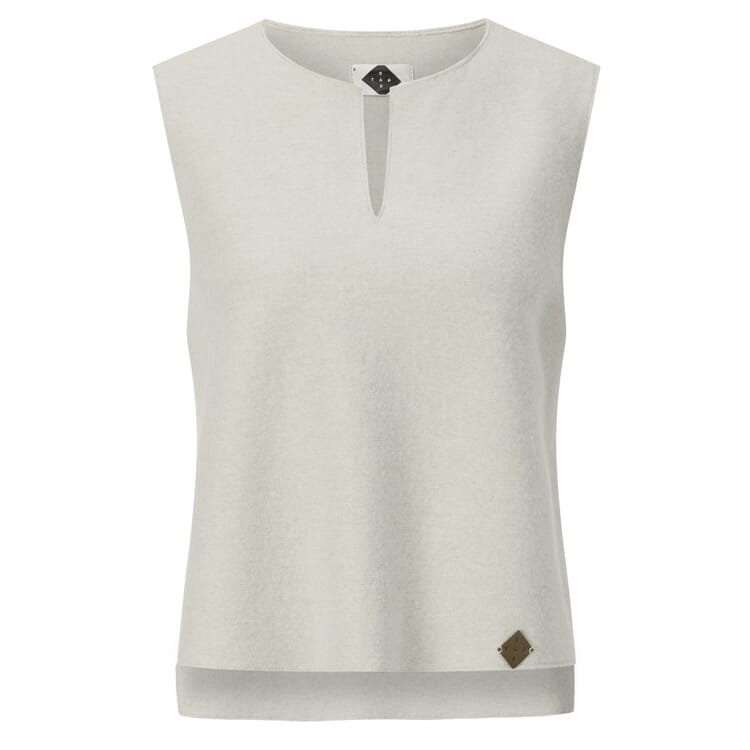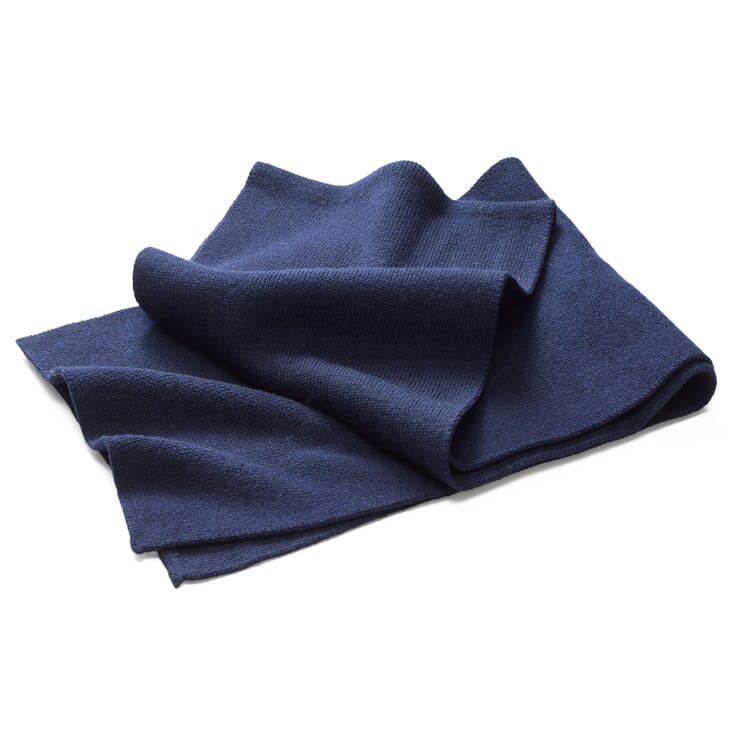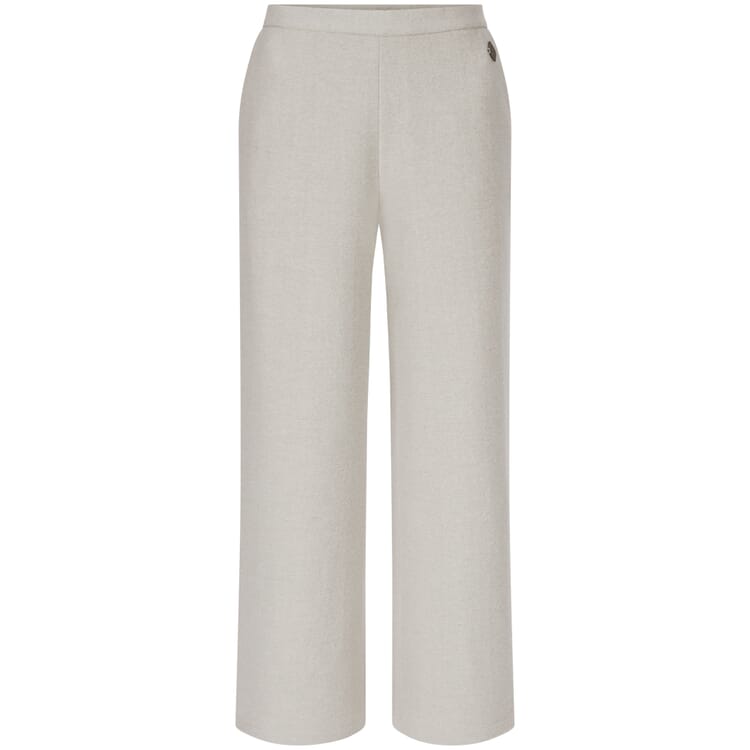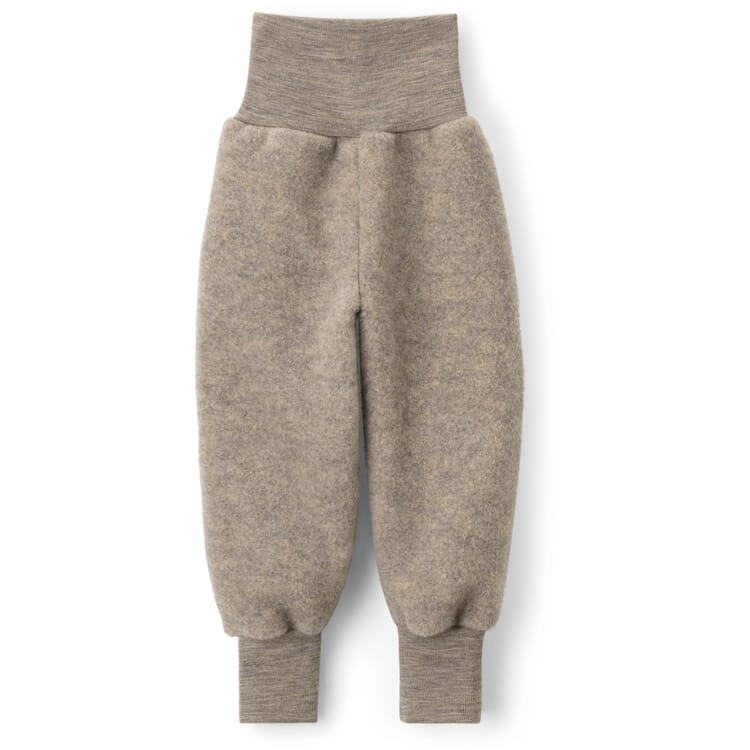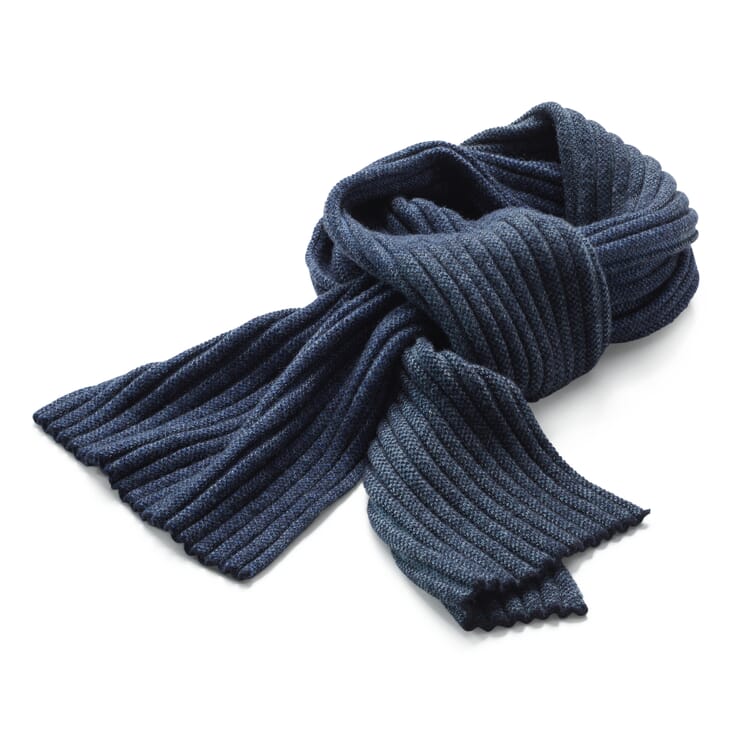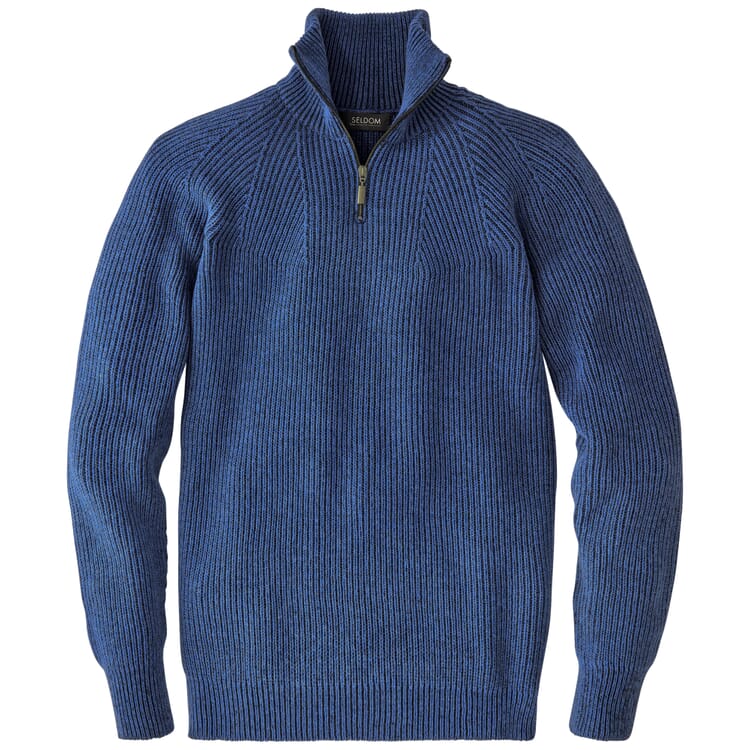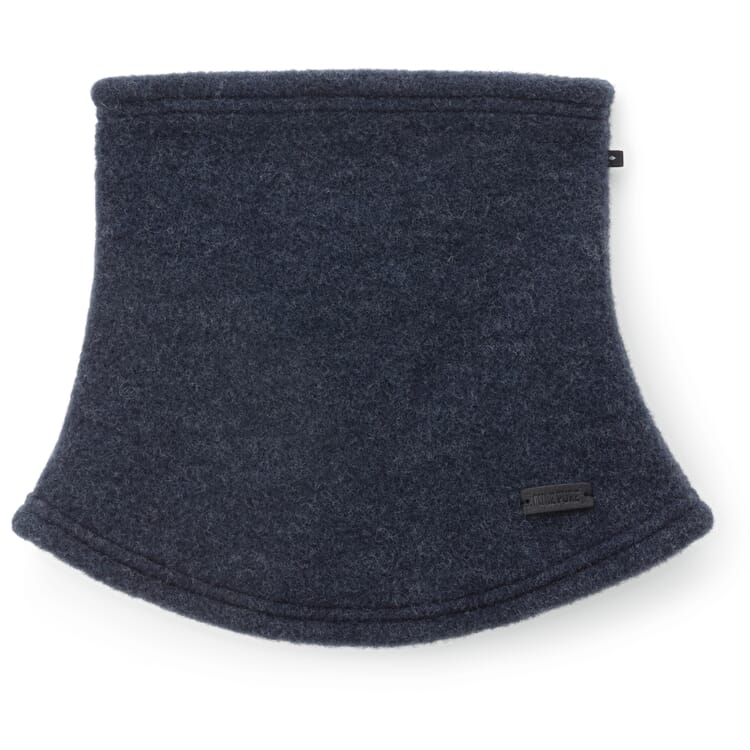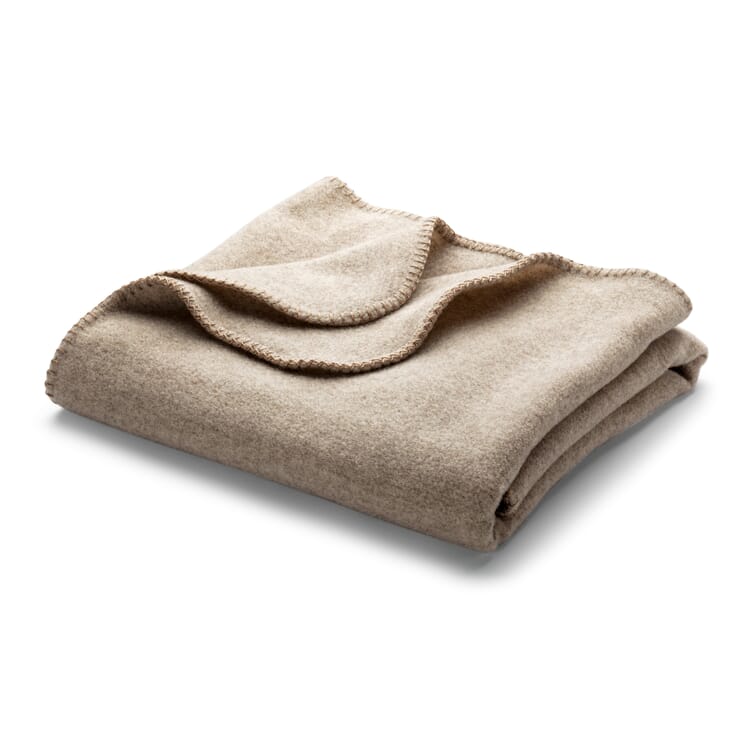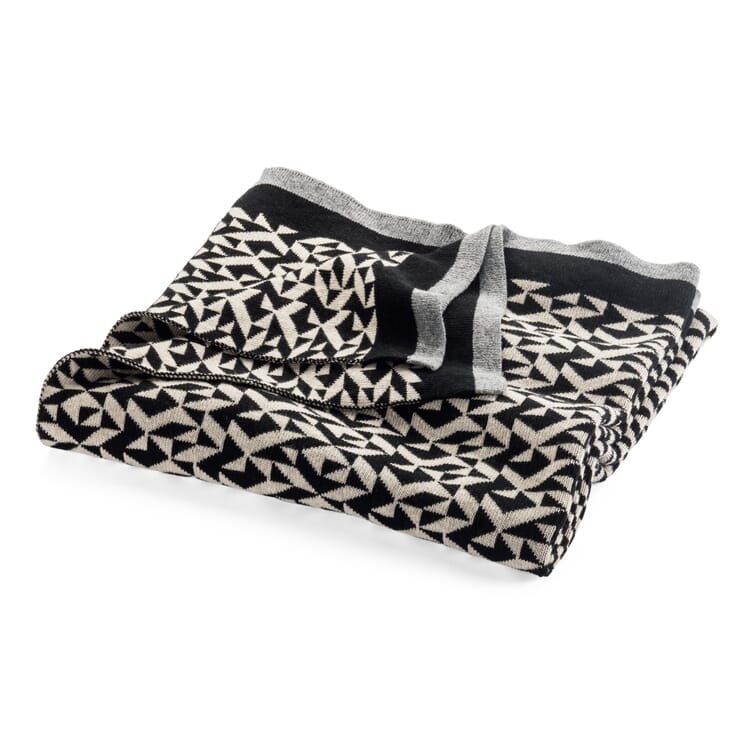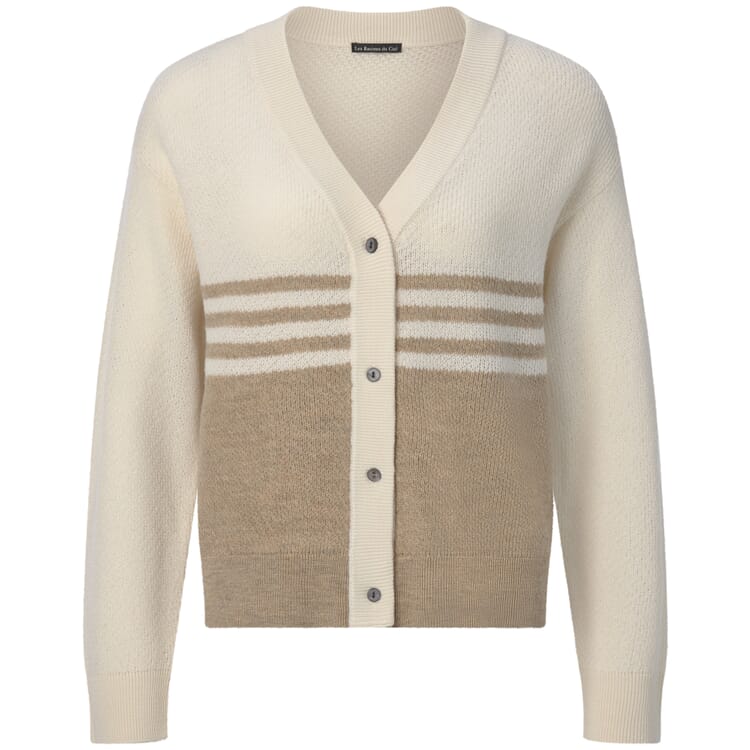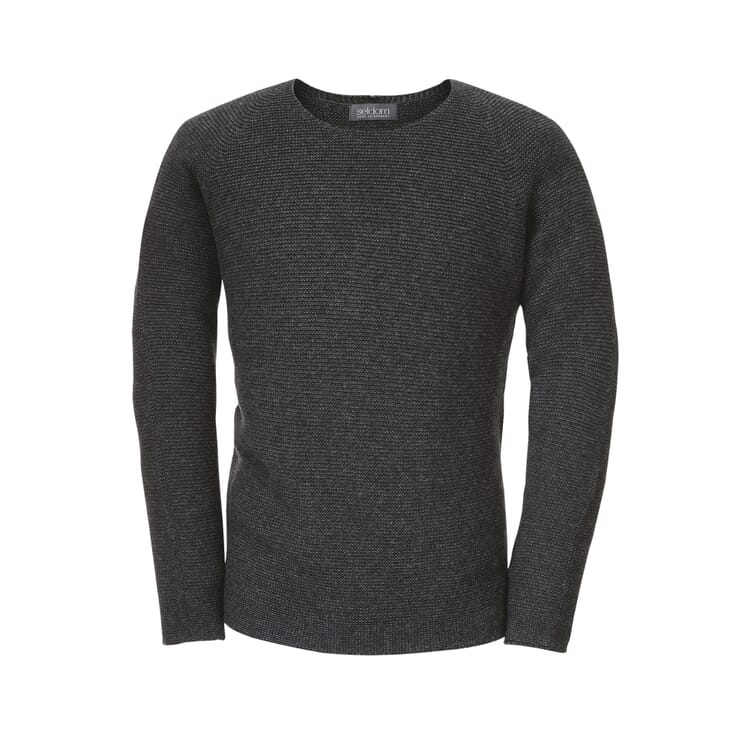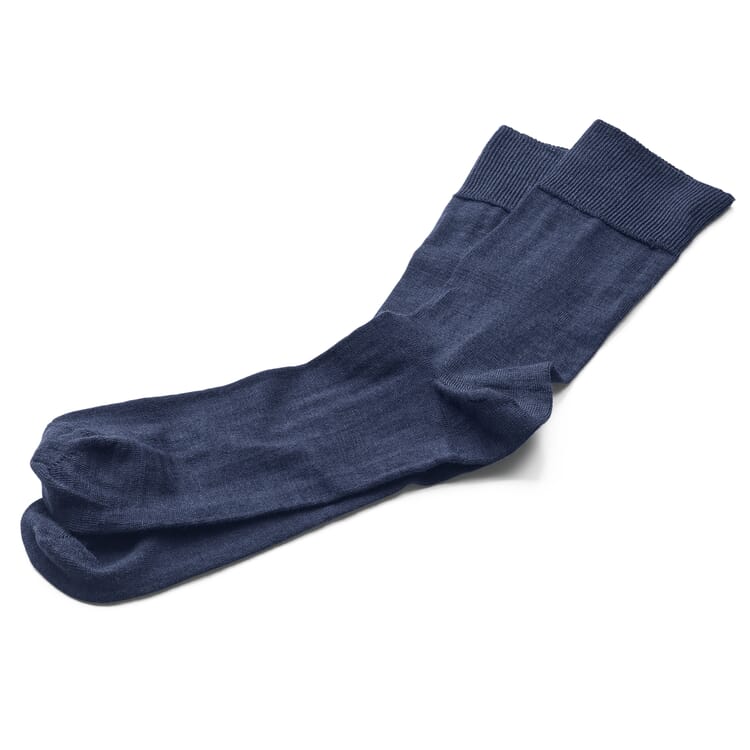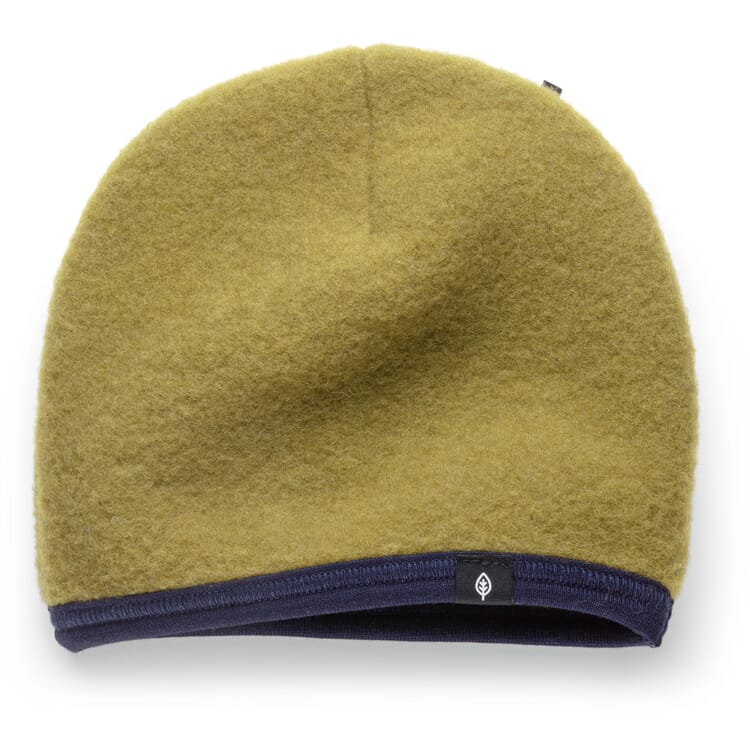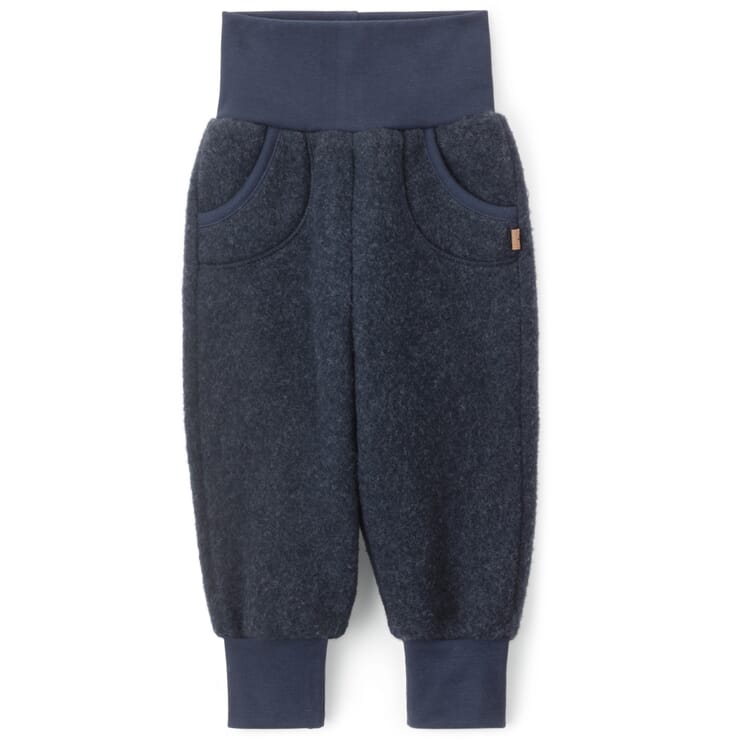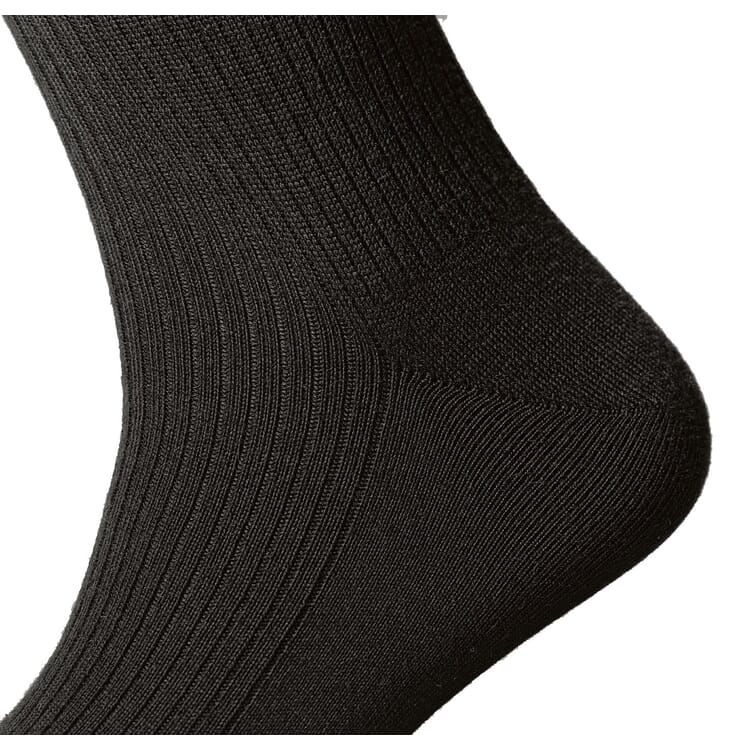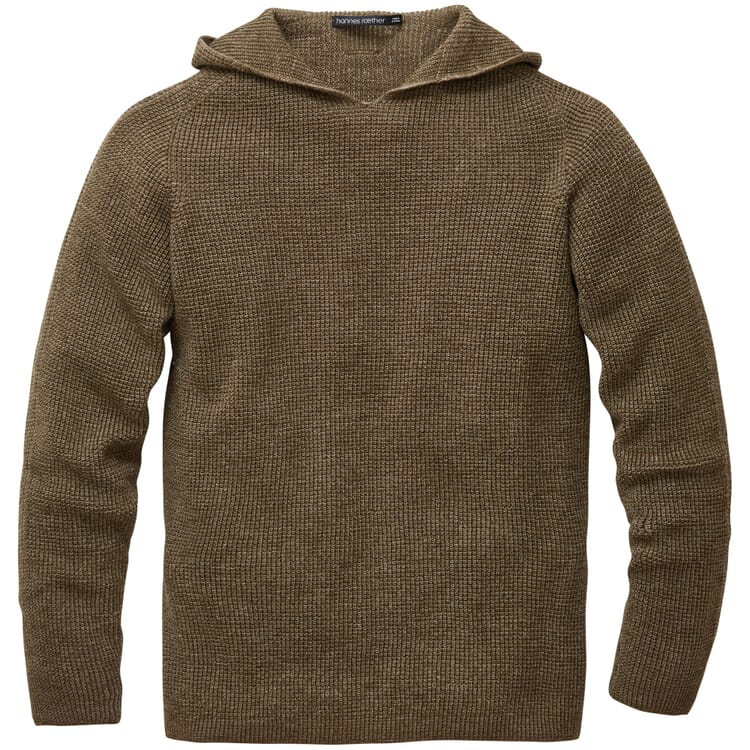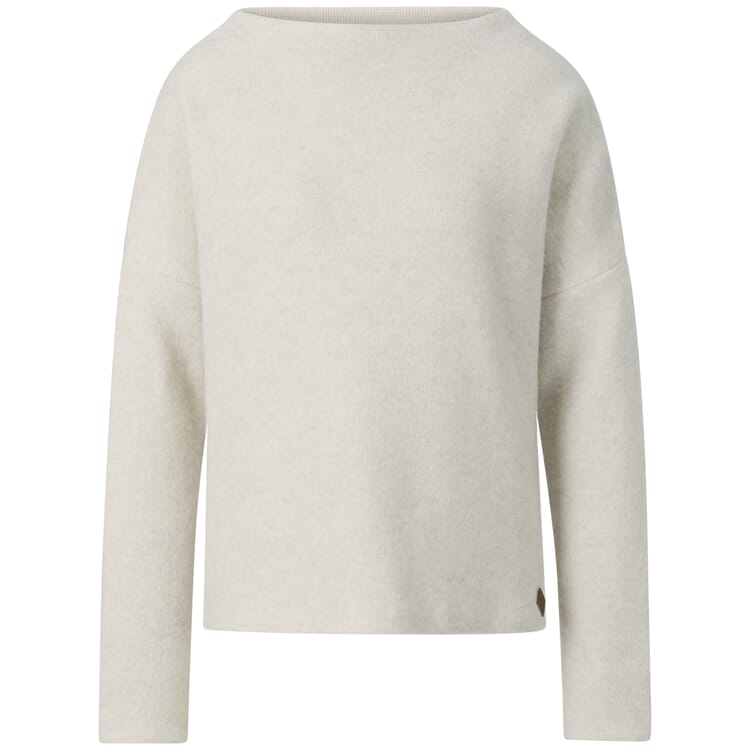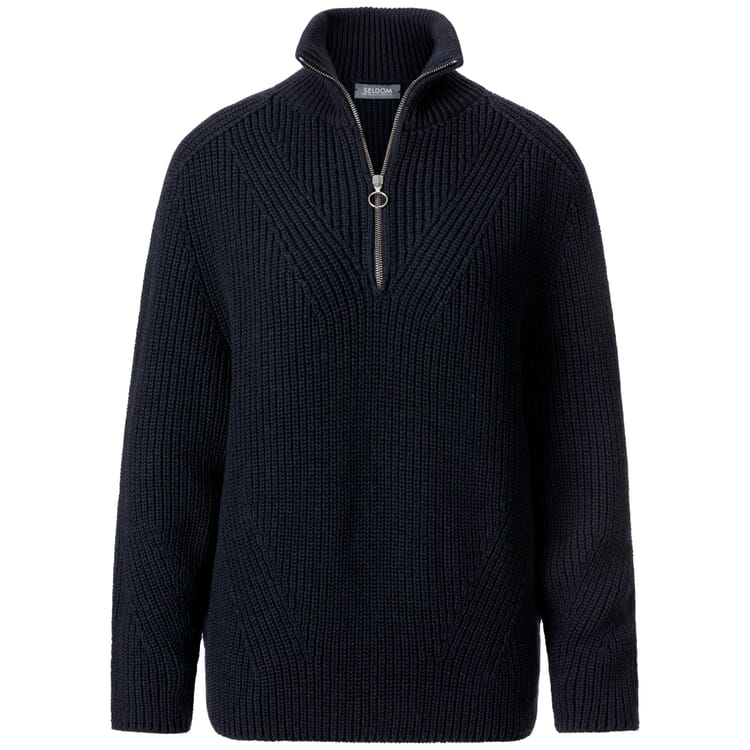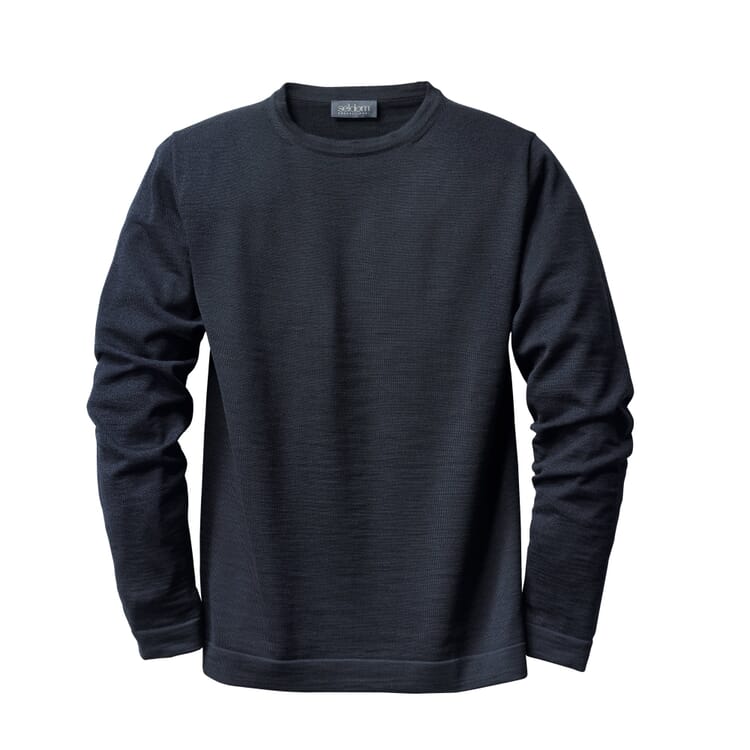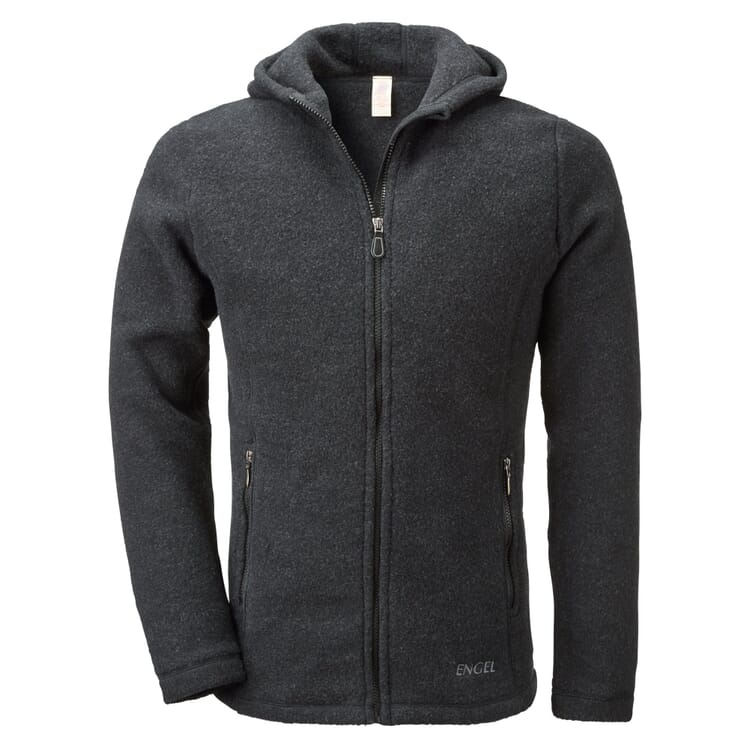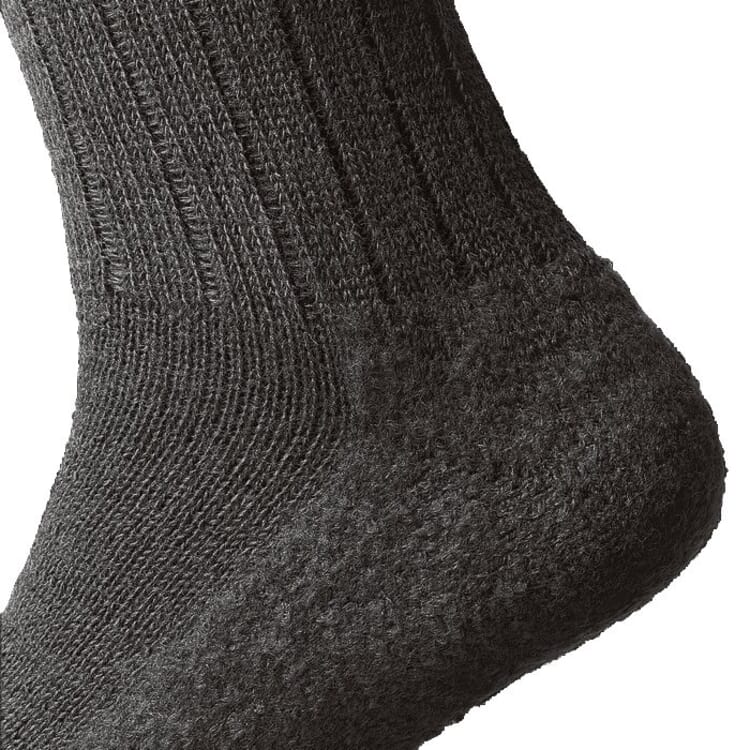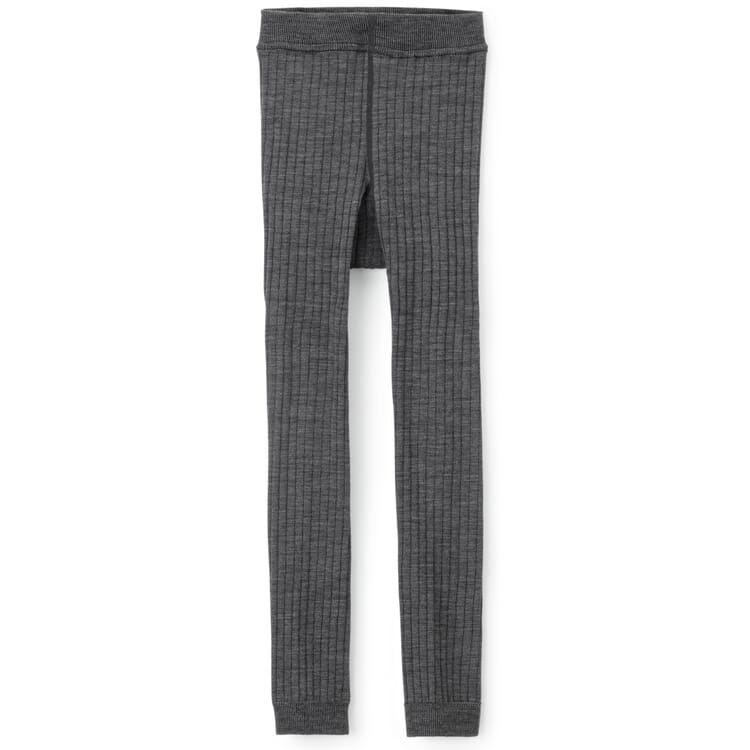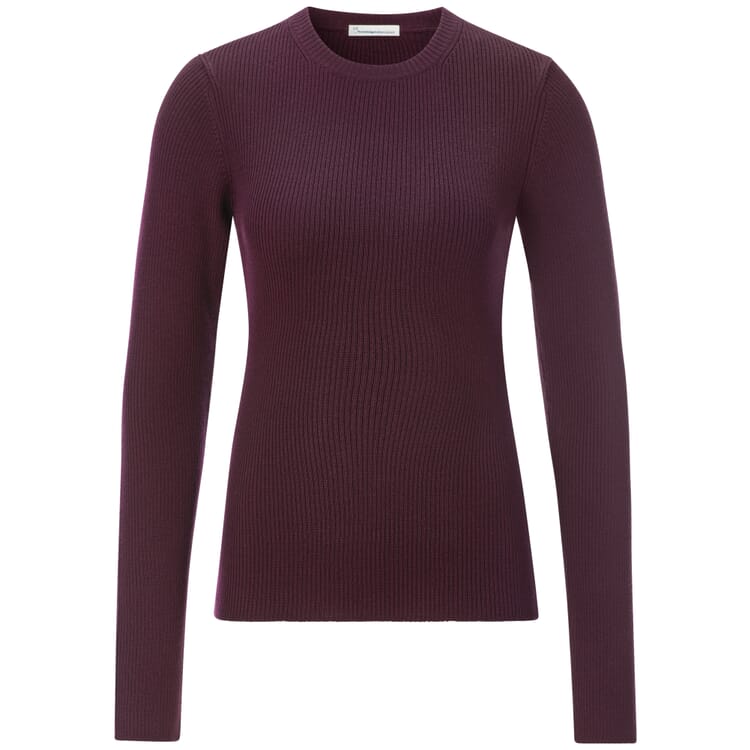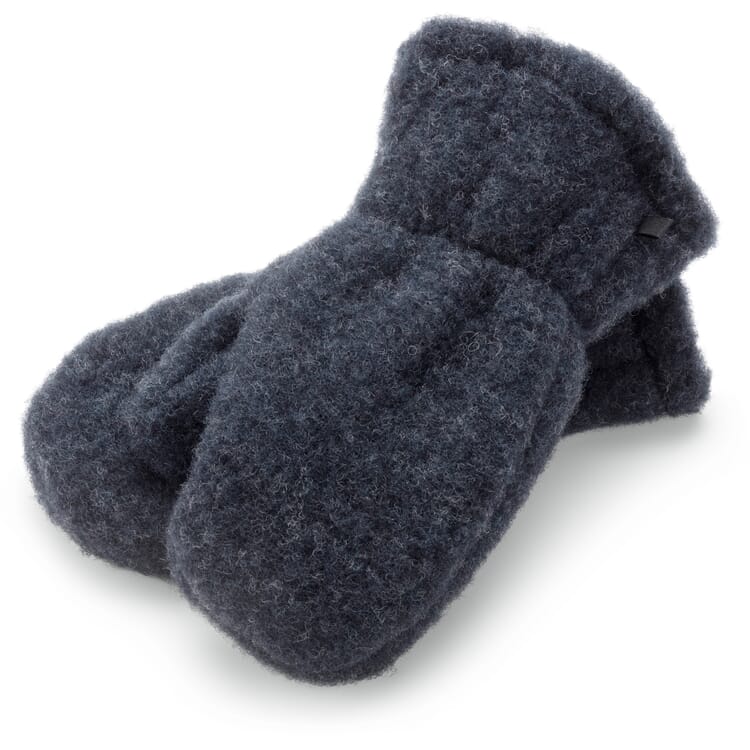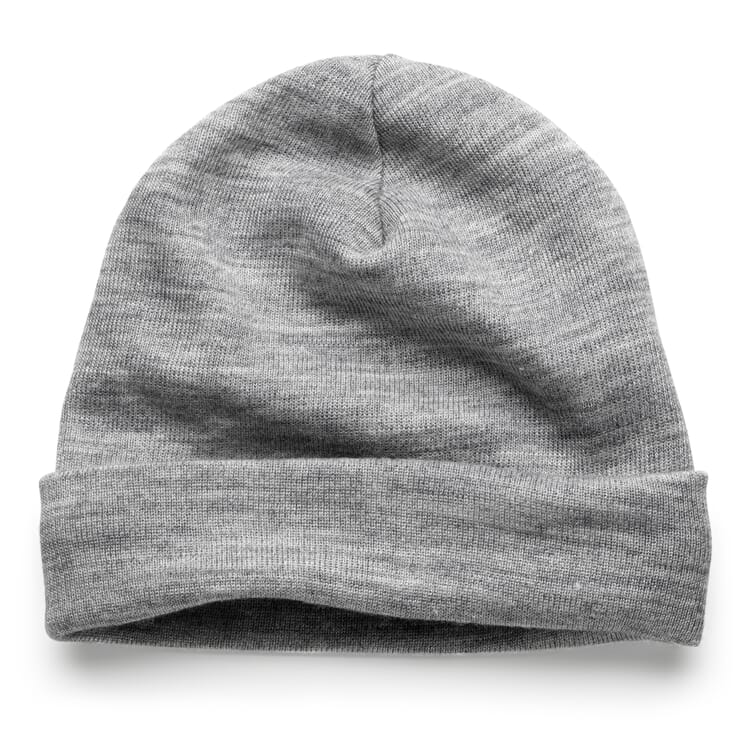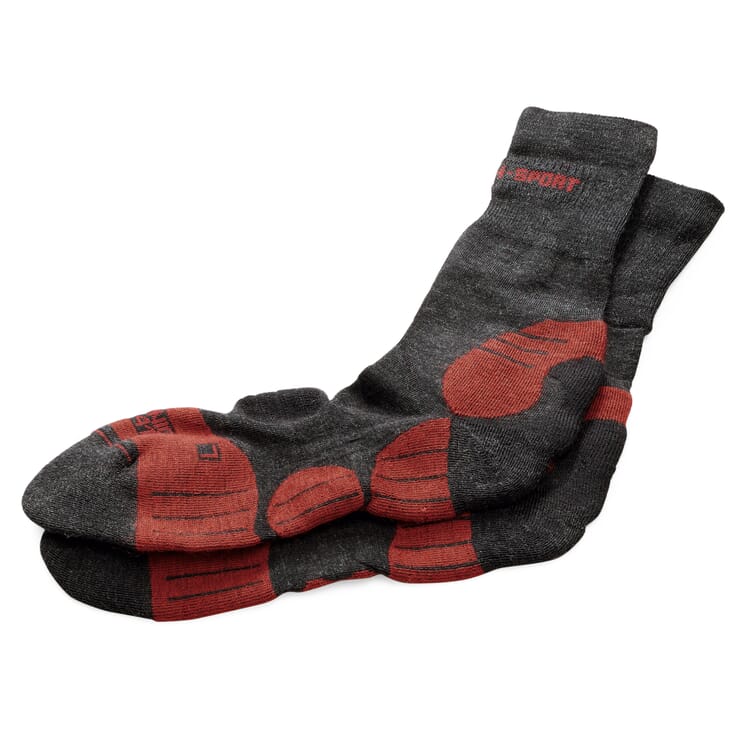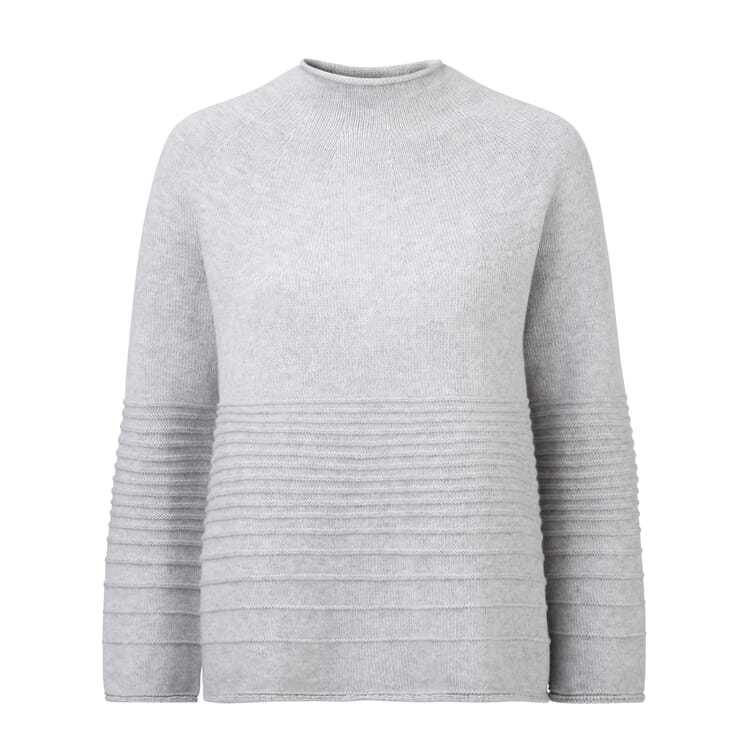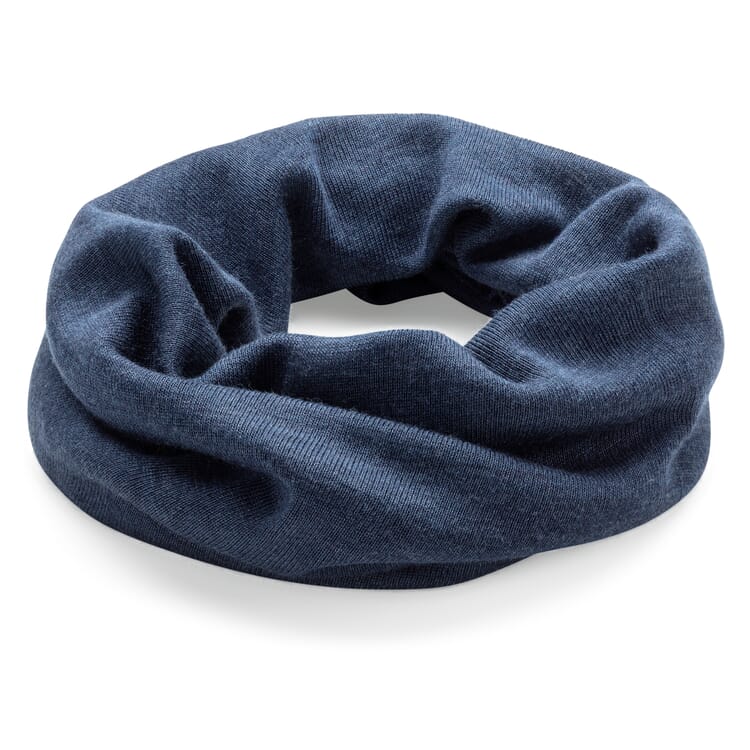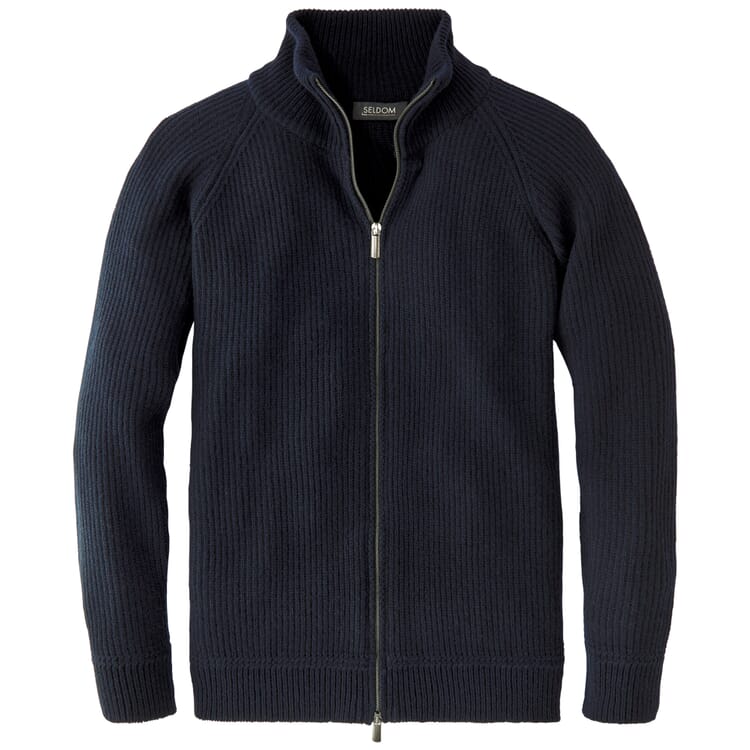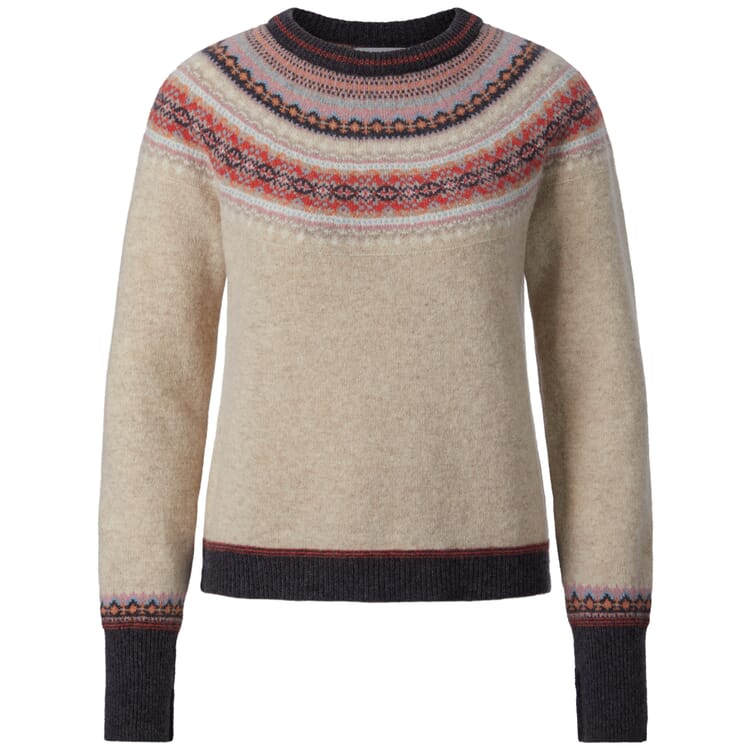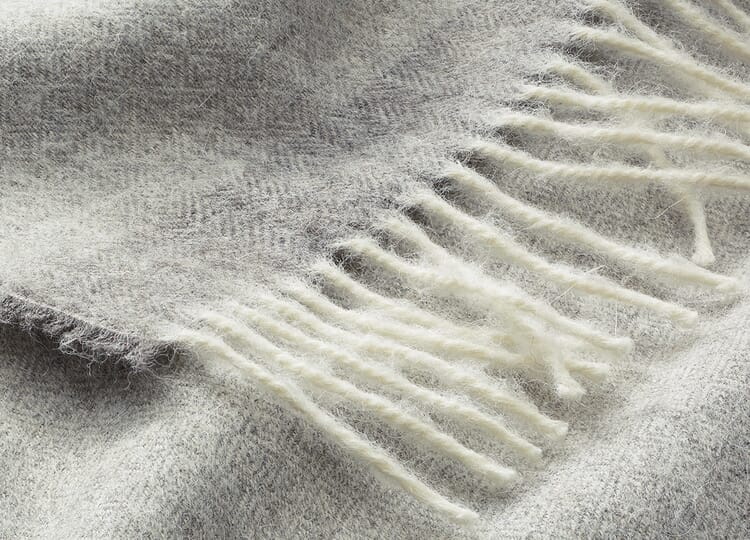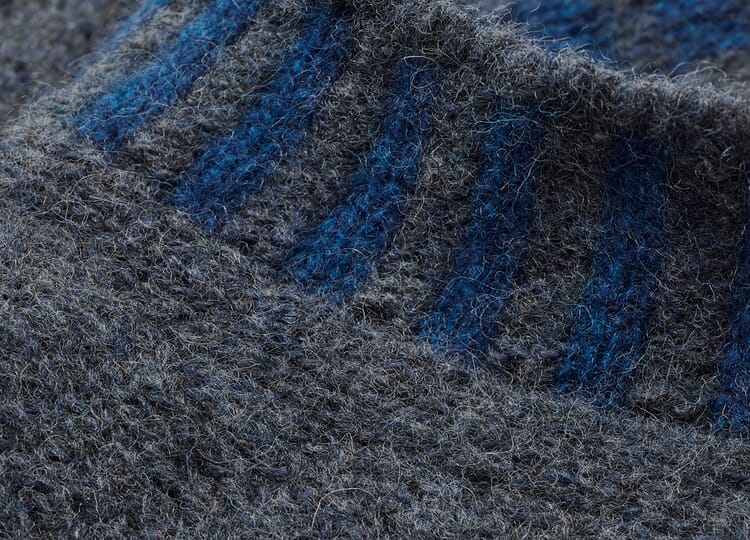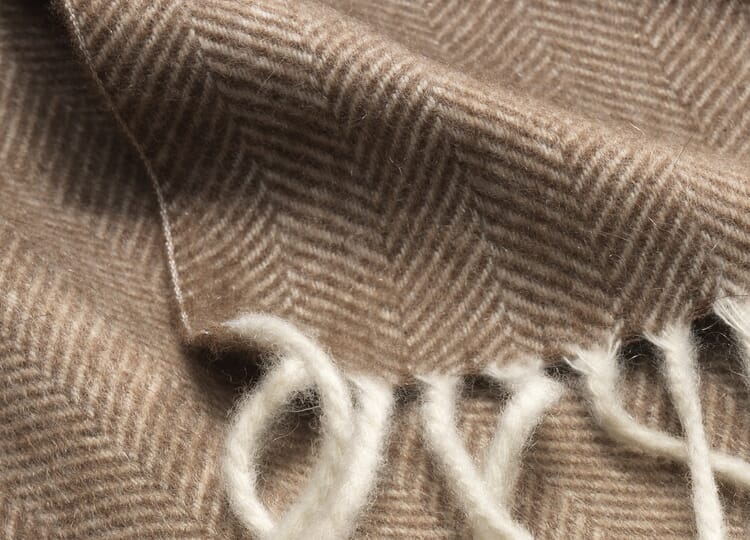Material
Merino wool. Flattering to the skin
It warms in winter, is pleasantly cool in summer, and flatters the skin - merino wool is a unique, sustainable natural product with numerous highly functional properties. The extremely fine virgin wool comes from merino sheep, which are among the oldest and most resilient sheep breeds in the world. Their original home is the mountainous regions of North Africa. There they have to withstand sometimes extreme temperature differences - not only between summer and winter, but also between day and night. The tough animals are protected from adverse conditions at all times by the temperature-equalizing properties of their wool.
The properties of merino wool
Merino wool is a particularly high-quality new wool. Its light and very fine fibers are strongly crimped and elastic, which gives them handle and volume advantages. Knitted and woven fabrics made from it are soft, temperature-balancing, skin-friendly and durable. These advantages also come into play in our products made of merino wool. Whether hats, scarves, sweaters, socks or blankets - in our character pieces made of merino wool you can feel completely comfortable from head to toe. Why this is so, we will gladly explain in detail: - Merino wool is a renewable raw material and completely biodegradable. The highly functional properties are already provided by the fiber, they do not have to be chemically produced first. And due to their longevity, products made of merino wool ideally reflect our guiding principle "Life is too long for short-lived products" - Merino wool is temperature regulating. Its highly crimped structure creates many small spaces in the fiber where air is trapped - an effective insulation that causes merino wool to warm in winter and cool in summer - Merino wool is breathable. It can absorb a lot of moisture without feeling wet - up to 35% of its own weight. And thanks to the air chambers inside the fibers, moisture is quickly transported to the outside - Merino wool is particularly skin-friendly, which is especially advantageous for clothing that is close to the body. Even wool-sensitive people will feel comfortable in merino wool. The fiber does not irritate the skin, firstly because it is very fine (between 16.5 and 24 microns) and secondly because it curves as soon as it comes into contact with the skin - Due to the scales arranged like roof tiles and the lanolin it contains, the merino wool fiber is naturally both dirt and water repellent. This has the advantage that garments or blankets made of merino wool do not need to be washed as often - Merino wool has a largely odor-neutralizing effect, because odor-causing bacteria have difficulty attaching themselves to the scaly fiber surface. Clothing made of merino wool is easy to care for and does not wrinkle - due to the elasticity of the fiber. Ironing is unnecessary; it is sufficient to pull them into shape after washing and dry lying down.
We attach great importance to the fact that the merino wool used in the products in our range is obtained without animal suffering. We expressly reject the painful and traumatic practice of "mulesing" (the surgical removal of the folds of skin from the rear end of a sheep). That's why you won't find any products in which Australian merino wool has been processed, because Australia is the only country where mulesing is permitted and a common practice. We strongly advocate the use of sustainable virgin wool and the respectful treatment of animals. Our manufacturers source their merino wool, for example, from traditional sheep farms in Germany, New Zealand or from certified farms in Argentina, Uruguay and Patagonia, where the animals grow up under controlled organic conditions (kbT).
Selected products from merino wool
Recommended Topics
Warming in winter, cooling in summer - virgin wool is a convincing natural fiber. However, it may be called such only if it was obtained by shearing live animals - which makes it of higher quality. The wool of merino sheep is considered to be of particularly high quality, as these animals have very fine wool hairs, which are extremely pleasant to the skin.
View moreCashmere, like alpaca, yak and camel hair, belongs to the noble hair. Cashmere is one of the softest, finest and lightest animal fibers, but also one of the most expensive. Depending on the quality, a kilogram of cashmere raw material can achieve a market value of up to 200 euros: the longer and finer the hair, the lower the proportion of remaining awn hair and the lighter the color, the higher the price.
View more
